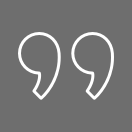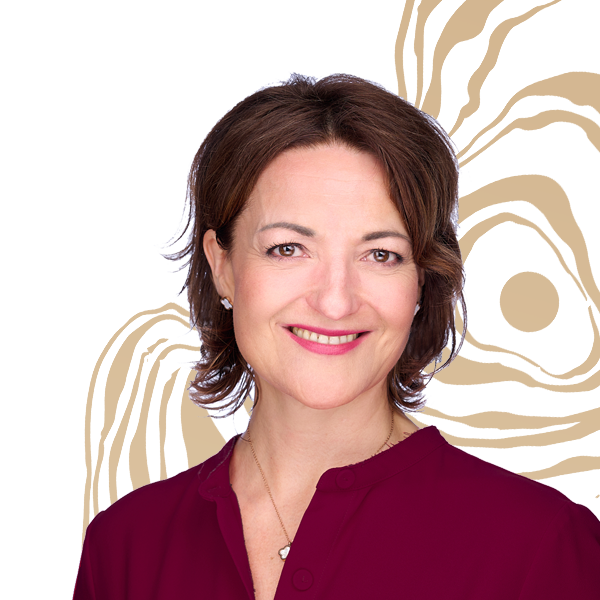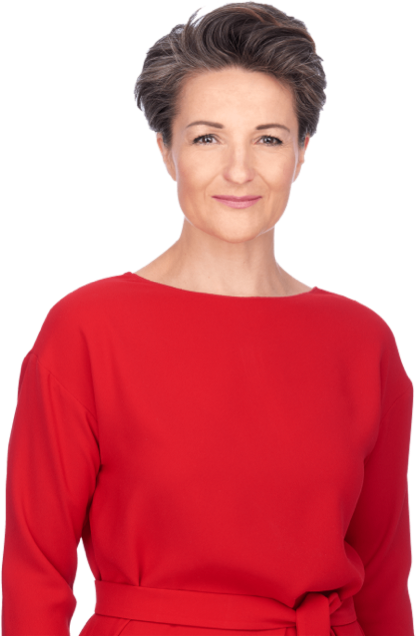
I was recently asked: You are a business coach and have written a book about the journey to inner freedom? What does inner freedom have to do with leadership? Shouldn’t a manager be concerned with key figures, goals and task allocation?
Interesting question, don’t you think?
Are you a manager? If so, who do you lead and why? And once you have arrived, what comes next?
Does leadership for you essentially mean moving from milestone to milestone, achieving your goals and meeting deadlines?
If that is the case, then you have my full understanding. I know from my own experience what that feels like. I was travelling with this mindset myself for years. Back then, there was no reason for me to find anything wrong with it. That’s just the way it is in business and if you want to achieve something, you have to play the game. Freedom and issues like that had nothing to do with it, it was more, if anything, private.
So how did I come to write a book about inner freedom as a business coach?
In the last few years of intensive work with people and the simultaneous study of millennia-old teachings in connection with the findings of modern quantum psychology, a significant connection has emerged for me between the degree of inner freedom from conditioning and sustainably successful behaviour.
Inwardly liberated people do not act in a directive manner, i.e. motivated by short-term goals, but act according to a conviction that serves a greater goal.
Two examples:
-
No ‘agile management tool’ can transform the inner attitude within the organisation. If an internally disengaged person tries to introduce a system or a tool in their company because it is ‘in’ or corresponds to a ‘zeitgeist’, this endeavour is doomed to failure from the outset.
-
Department-dependent monthly or quarterly targets are set by managers who are not inwardly free and usually serve primarily to agree on objectives. An internally free manager develops other systems that serve an overarching holistic goal.
These two examples show how much the degree of inner freedom or lack of freedom influences our leadership behaviour, our economy and not least our society. Anyone who thinks that these companies cannot really be successful (in the sense of earning money) will be amazed after some research at how little this assumption corresponds to reality.
The momentum always swings from the inside out.
Unfree managers are weak and copy the innovations of others. Copies have no energy of their own and achieve nothing.
The stronger the inner power, the stronger the change in external energy. Free leaders are strong and can bring about innovations in terms of growth and holistic transformation. Independent entrepreneurs and managers know the value they generate for their customers through their product and service. Real added value and benefits are reflected in real prices.
Times have changed. While human labour used to be cheap and capital expensive, today we have a situation where capital is cheap and value created by human creativity is expensive.
For those who have understood this, it is absolutely logical and crystal clear that it is THE INVESTMENT of our time to work on our own abilities AND the inner process of liberation.
We have every opportunity to change the world. The old rules such as ‘I have more if you have less’ have had their day. I fully realise that this sounds like a utopia to many people. Nevertheless, a utopia only remains a utopia until it becomes a reality.
An extract on this topic from my newly published book: ‘Your journey to your inner freedom.’
Clarity and action
There is only one success:
To be able to live life according
your own ideas.
– Christopher Marlex –
Imagine waking up one morning and all the voices of your inner doubters, judges and accusers have fallen silent. There is no one left to tell you that you are not good enough or not worth enough. No one to make you feel guilty or to ask for permission.
At first you might think, oh, how great, then I’ll finally have some peace and quiet.
But then what?
I would like to tell you the story of Franco. Franco’s life was generally what you would call middle class.
Well educated, a doctor in a large clinic, married, two children.
Franco was the eldest of three children. His father was also a doctor and he had learnt to take responsibility at an early age because of his younger siblings. Good grades at school were a matter of course. He felt his parents’ expectations from an early age and they were part of his understanding of how to be. It shaped his way of thinking, acting and making judgements and thus his individual value system (attitude).
The values anchored in the hidden part of the mountain become visible on the visible peak in his behaviour. In Franco’s case, these were above all a sense of duty and reason. From this it seemed natural to him to take up the same profession as his father. His wife chose the same principle. Paula, his wife, was a loving, reliable partner with whom he had two children. They lived in a beautiful house not far from his clinic.
The years passed. The children were almost grown up and life went on in an orderly fashion.
Until that morning. Franco had a very intense dream. He woke up with the sound of the sea still in his ears. Foggy and at the same time clear as rarely before. Instead of travelling to the clinic by car as usual, he drove to the train station and got on the train to the coast. It was only a two-hour journey and yet I couldn’t remember the last time he had travelled to the seaside. The whole journey, he felt as if he was flying over the landscape himself. He could literally smell the morning mist of the grass and feel the warmth of the sun on his skin. His head was empty. No thought of the clinic. He hadn’t even signed out. No thought of Paula. Nothing. The train had reached its final stop. He slowly got off and walked across the small station square directly to the coast. The warm wind in his hair, the sun on his skin. He sucked the salty air deep into his lungs like a drowning man gasping for air.
Later, when he felt that his lungs and head had been thoroughly cleansed, he sat on the terrace of a restaurant overlooking the waves. The sound brought him deeper and deeper into relaxation. He savoured the moment.
Savouring the moment. That was new.
He didn’t know the answer to the question: What am I actually doing here? Suddenly it didn’t matter that nobody knew where he was or that he was absent from work for the first time.
He, the sensible doctor and reliable family man, suddenly had no answer to his behaviour.
Despite the outward calm, or perhaps because of it, his thoughts were racing. He picked up a pen and paper and began to write. His hand flew over the paper. At some point, he leant back, exhausted and tired. What was written on the sheets of paper in front of him frightened him.
When he opened the front door a few hours later and stepped into the hallway of his familiar house, everything suddenly seemed so strange to him. The feeling of familiarity and security he had hoped for did not materialise. Instead, there was a new clarity. Suddenly he knew what to do.
What had happened?
Read more here: ‘The journey to your inner freedom’




